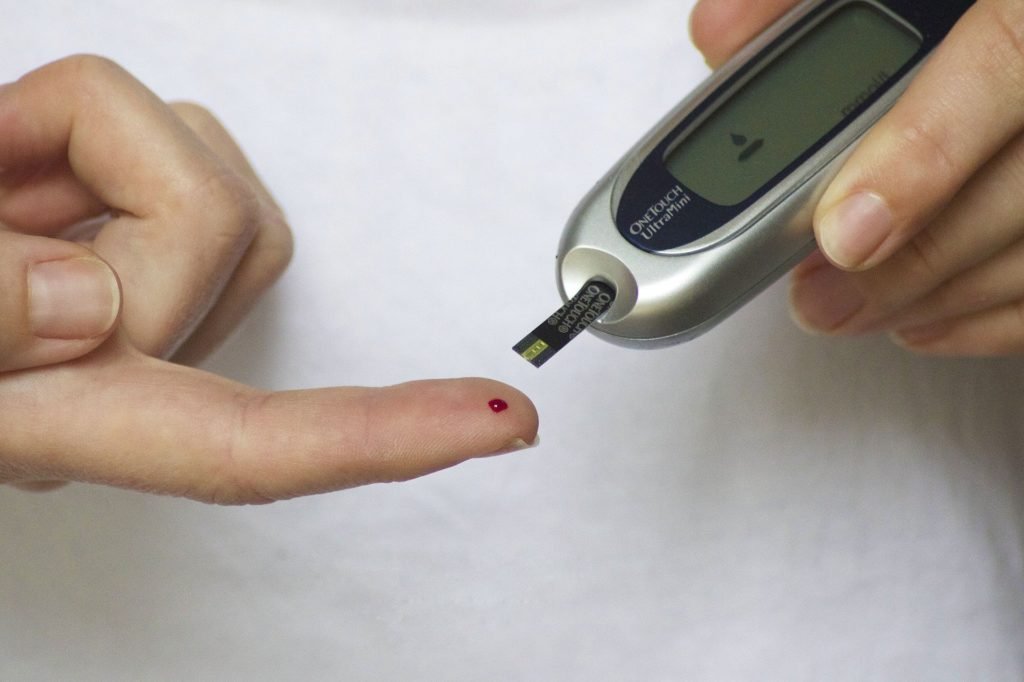No one wants to have swollen legs. They make it difficult to get around, and they look out of place. However, swelling is not always a cause for concern, but it can sometimes signify something more serious. Many people in Weston, Florida, struggle with swollen legs; however, the causes vary from one person to another. Finding a reliable Weston swollen legs specialist is a good idea as they accurately determine the problem’s source. So what are the possible causes? Let’s dig in.
Lifestyle Factors
Certain lifestyle factors can contribute to swollen legs. For example, if you are inactive or sitting for long periods, the pressure from gravity will cause fluid to accumulate in your lower extremities. Additionally, added pounds can also lead to swelling, such as being overweight or pregnant.
Liver or Kidney Problems
Suppose you have swollen legs and experience other symptoms such as fatigue, yellowing of the skin or eyes, dark urine, itchy skin, abdominal pain, or a bloated feeling. In that case, it could be a sign that you have liver or kidney problems. It is essential to see your doctor for diagnosis and treatment in these cases.
Deep Vein Thrombosis
Suppose the swelling occurs in one leg and is accompanied by warmth, redness, pain, or tenderness (mainly if it occurs after a period of inactivity). In that case, you may have deep vein thrombosis. In this case, see your doctor right away, as it can be life-threatening.
Medication Side Effects
Lastly, swollen legs can be caused by medication side effects. Some medications, such as calcium channel blockers for high blood pressure or estrogen-containing birth control pills, can lead to swelling. If you take any of these medications, it is important to discuss potential side effects with your physician.
Pregnancy
Pregnancy can also lead to swollen legs. During pregnancy, the volume of blood increases drastically, which leads to swelling in many areas of the body. Additionally, pregnant women often have problems with their veins and lymphatic systems, which can also cause swelling.
A Blood Clot
A blood clot in the legs — called deep vein thrombosis (DVT) — can lead to swelling. A blood clot forms in one of your veins, usually in your leg or arm. These clots can cause pain, redness, and warmth on the skin’s surface. If you have these symptoms, seek medical attention right away.
Infection
If there’s an infection in the body, it usually leads to swollen lymph nodes. If the infection is in your leg, it can cause swelling. Consult a doctor if you develop an unexplained fever, redness or warmth around the swollen area, increased pain, drainage from the swollen area, or worsening of symptoms.
Venous Insufficiency
Venous insufficiency is a condition in which the valves responsible for returning blood from your legs back to the heart do not work correctly. This failure can lead to swelling and varicose veins. If you have venous insufficiency, it is vital to seek medical treatment to avoid more severe complications such as blood clots.
Swelling in your legs can be caused by many different factors, but it is essential to consult a doctor if you have any characteristic symptoms. The more information they have about what’s going on with your body, the better they will be able to help relieve or alleviate those swelling issues and get you back on track as quickly as possible.


